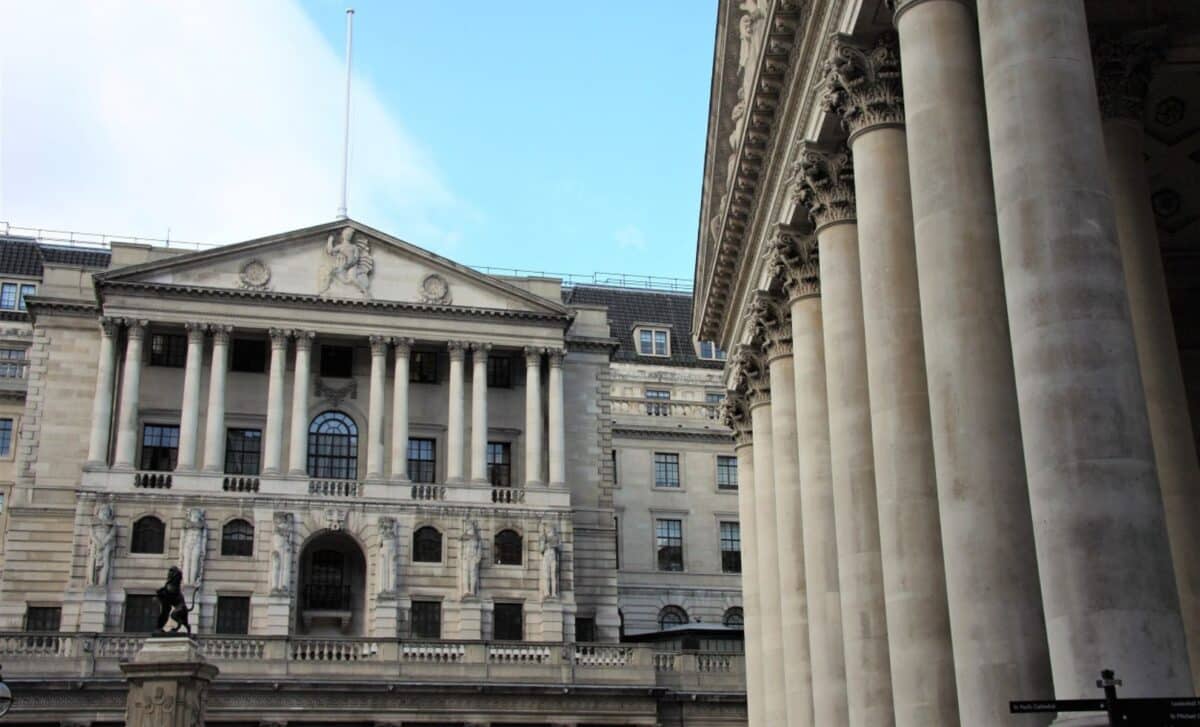With inflation still a concern for UK households, many are relying on high-interest savings accounts to make their money work harder. Yet, despite the recent rise in interest rates, savers may soon face a downturn as tariffs introduced during Donald Trump’s trade wars start to bite.
As interest rates on savings accounts still outpace inflation, a shift in global economic dynamics could have significant consequences for those seeking higher returns.
The decision by the Bank of England (BoE) to maintain interest rates at 4.5% in March provided some hope for savers. For years, they’ve endured low rates, but now, after the pandemic-driven economic turmoil and subsequent inflation, many are seeing returns that exceed inflation rates.
However, a potential decrease in interest rates could reverse these gains. Myron Jobson, Senior Personal Finance Analyst at Interactive Investor, explains that the market anticipates interest rate cuts sooner than expected, partly due to the economic pressures stemming from Donald Trump’s global tariff wars.
How Tariffs Influence Savings Rates
According to experts, the implementation of global tariffs, particularly those from the Trump era, is affecting economic stability and could slow down recovery in many economies, including the UK.
Jobson points out that lower borrowing costs, while beneficial to mortgage holders, can be detrimental to savers. Higher inflation, triggered by tariffs, could further reduce the real returns for savers.
With rising costs in basic goods, tariffs have already squeezed supply chains, leading to inflationary pressures. Despite some relief in the form of a 2.8% annual inflation rate reported for February 2025, the ongoing volatility in international trade makes it uncertain whether these gains will persist in the long term.
For now, savers are urged to keep a close eye on their accounts and take advantage of high-yield options while they can.
What Options Are Available to Savers Now?
For those looking to take advantage of the best available savings accounts, several options remain competitive. High-interest fixed-rate bonds continue to offer better returns compared to easy-access accounts.
For instance, Cynergy Bank and LHV offer 4.65% fixed rates for one-year bonds, with a minimum deposit of £1,000. In contrast, digital-only banks, like Chip and Sidekick, offer competitive easy-access savings accounts with rates upwards of 4.75%.
However, as rates begin to fall, Ian Futcher, a financial planner at Quilter, suggests that savers should lock in higher fixed rates while they still can or explore diversified investment strategies tailored to their individual financial goals.
The future of savings accounts, influenced by both domestic and international economic factors, remains uncertain, making it essential for savers to review their choices regularly.









